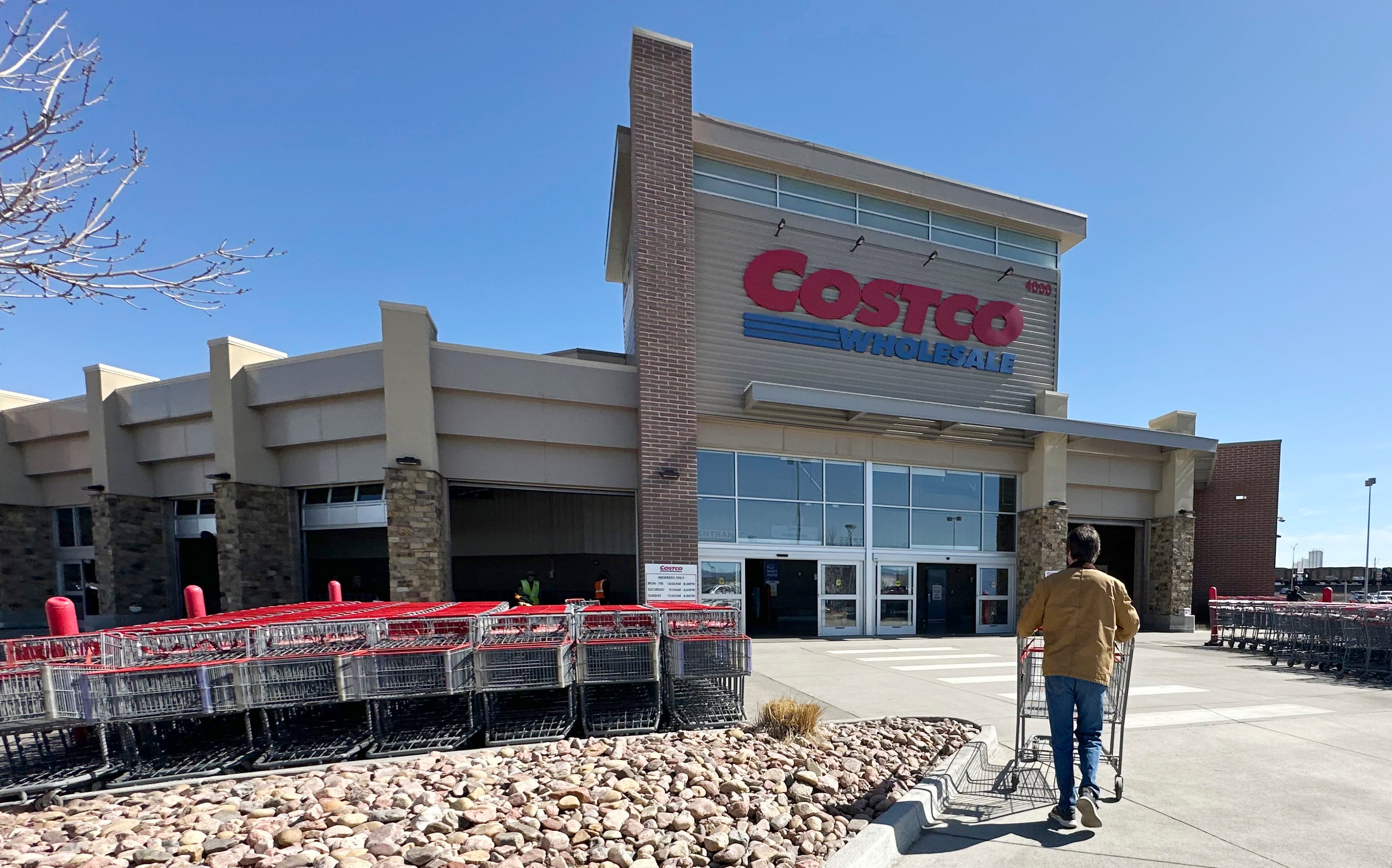*By Carlo Versano* Two words: compound interest. Remember that phrase every time you weigh the pros and cons of contributing to a 401(k) while in your 20s. It's also the primary advice of Tom Zgainer, the founder and CEO of America's Best 401k, a "modern 401(k) without the middle men" that seeks to offer the same benefits of a regular 401(k) without all the fees. Zgainer told Cheddar in an interview Wednesday that compound interest ー essentially interest paid on interest ー resembles a "wonder of the world" that allows young professionals to get a major head start on retirement savings. For instance, Zgainer said, a 25-year-old who sets aside a given amount for 10 years will have more money accumulated than a 35-year-old who puts that same amount away for 30 years. "The longer it can work for you, the better." Millennials just starting out in their careers, and soon to be Gen Zers, may be tempted to delay retirement planning. It's far away, and in an age of stagnant wages and higher baseline costs, many young people don't feel as though they have the luxury of setting aside a piece of their paycheck for the future. They need that money now. When you have those thoughts, Zgainer says to just recall those two magic words: compound. interest. "Starting early is important," he said. "But *wanting* to start is the first thing." The catch with 401(k)s? You're at the mercy of the provider selected by your employer. And those plans often carry hidden fees. Zgainer started a [service](https://americasbest401k.com/fee-checker/) that helps employers understand the fees associated with their plans. Over 40 percent of business owners aren't aware of these fees when they pick their plans, he said. As an employee, your antenna should go up anytime you read or see things like "asset management charges" or "contact asset charges," Zgainer said. "There's no reason why any size company ... can't have total investor-related fees near half-a-percent in total." Ideally, employees in their 20s contribute 10 to 15 percent of their salary toward their 401, according to Zgainer ー though that takes into account the employee contribution, one of the life's very few instances of "free money." For many, that number sounds daunting, and every worker's financial circumstances are different. The important thing, Zgainer said, is to contribute. "It all goes back to what did you do early." For full interview [click here](https://cheddar.com/videos/the-benefits-of-opening-a-401k-in-your-20s).








